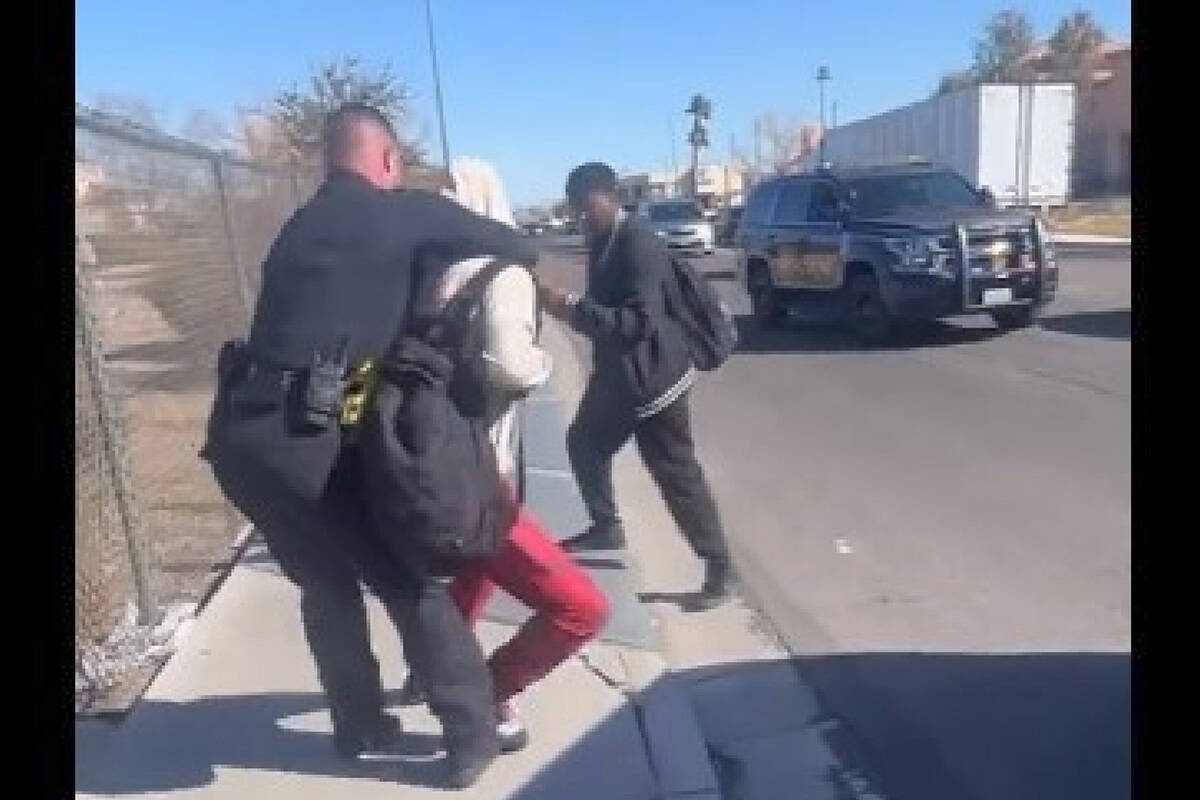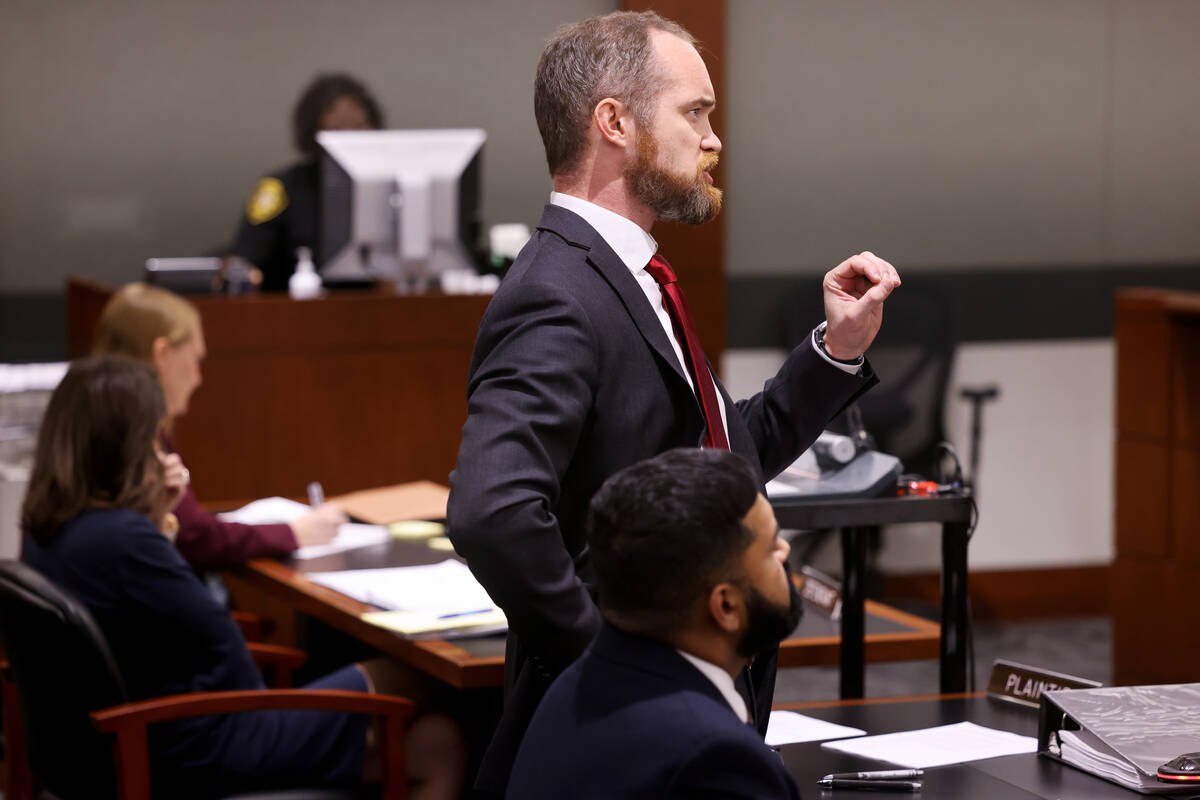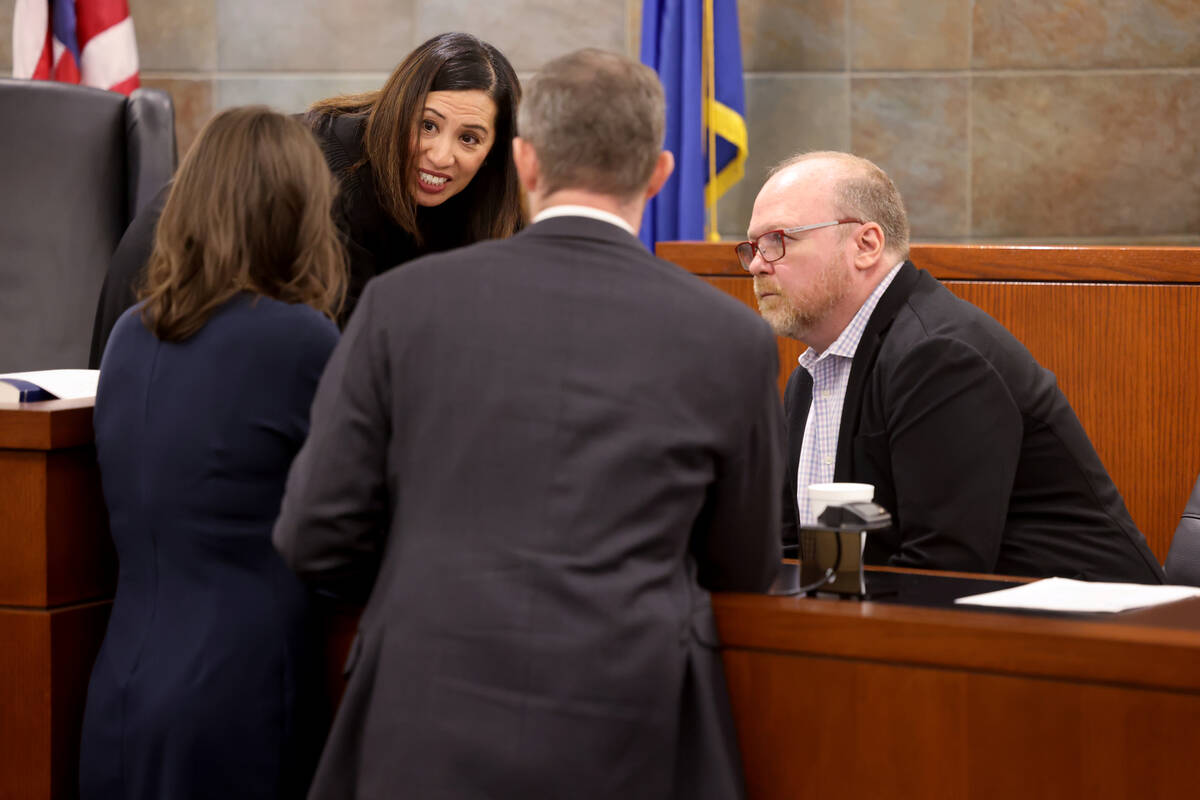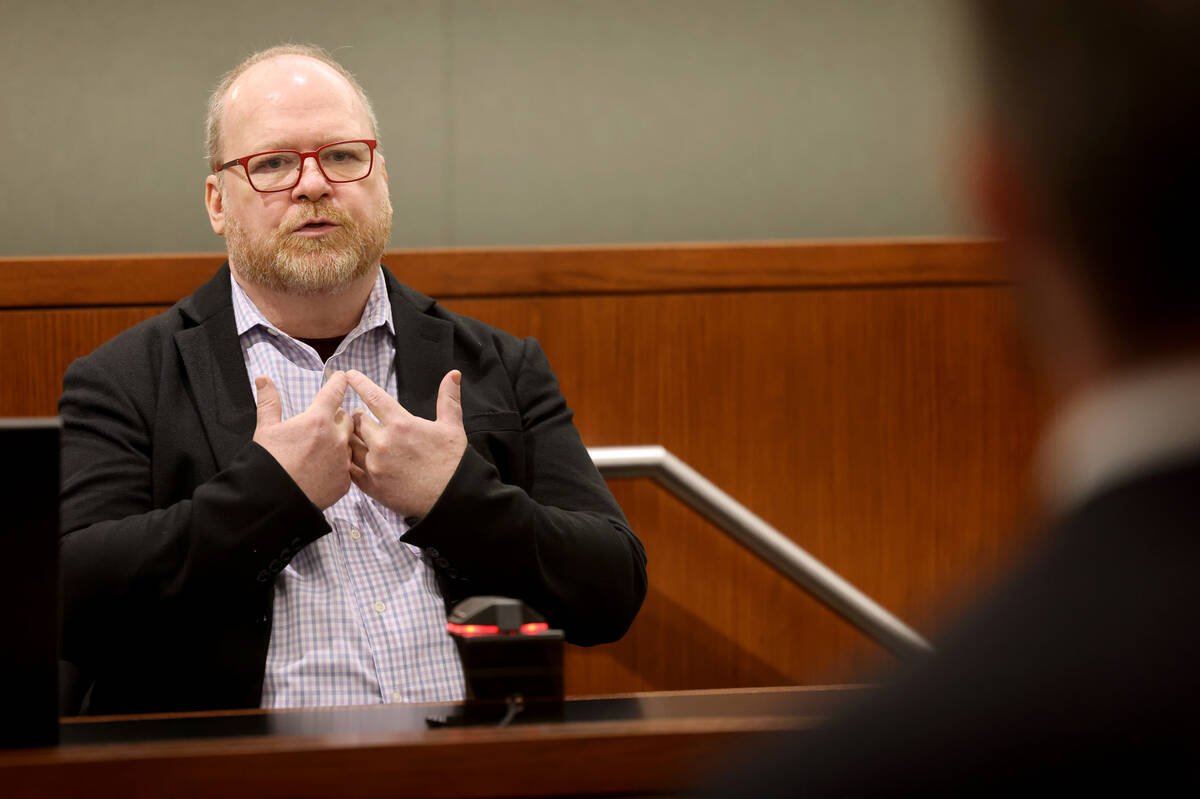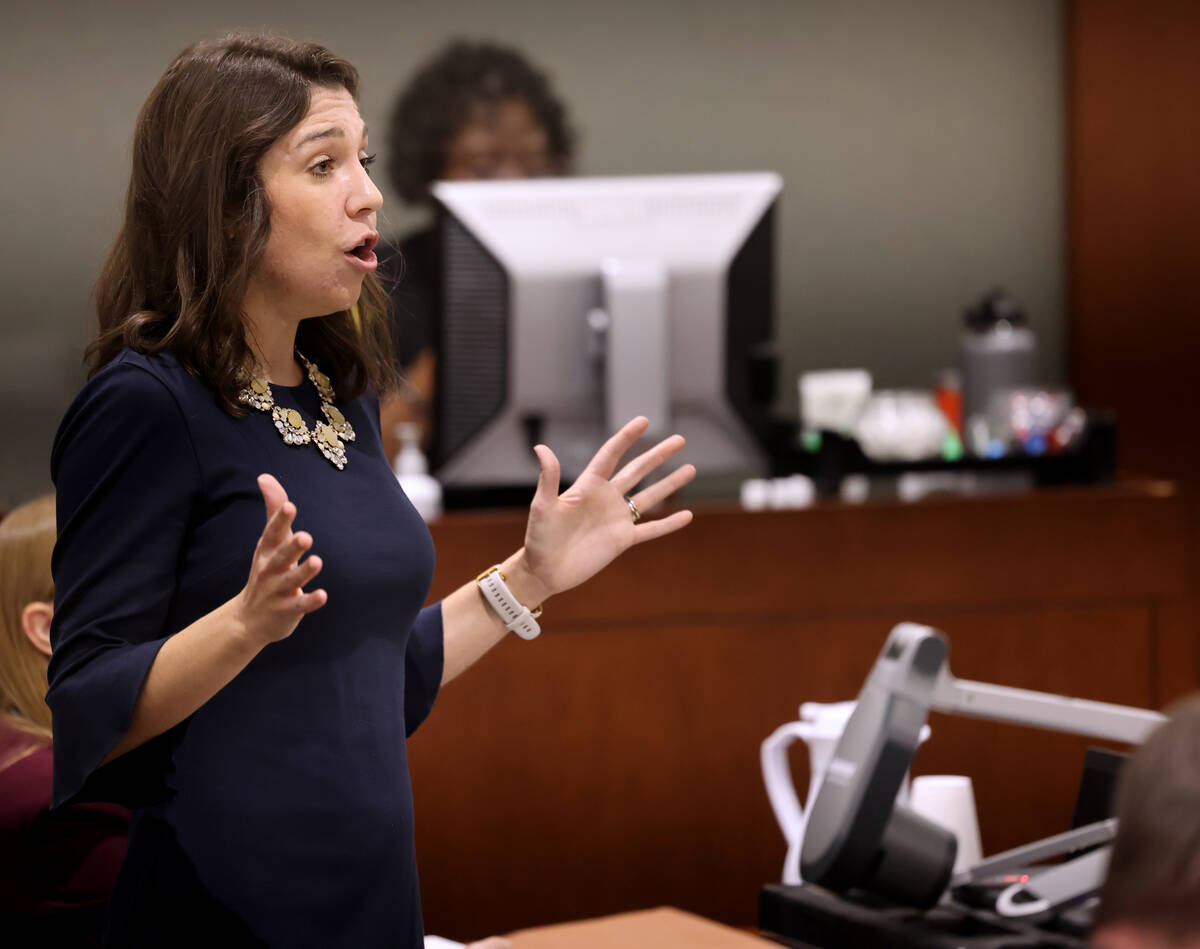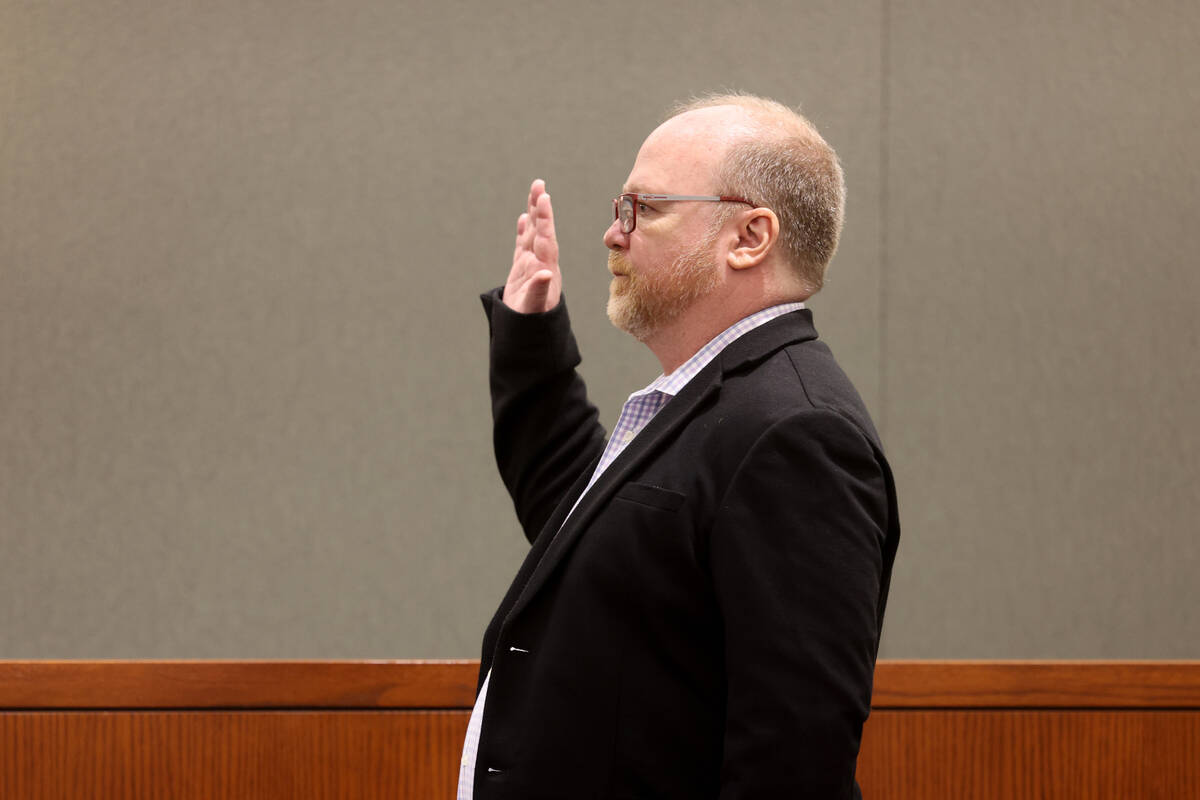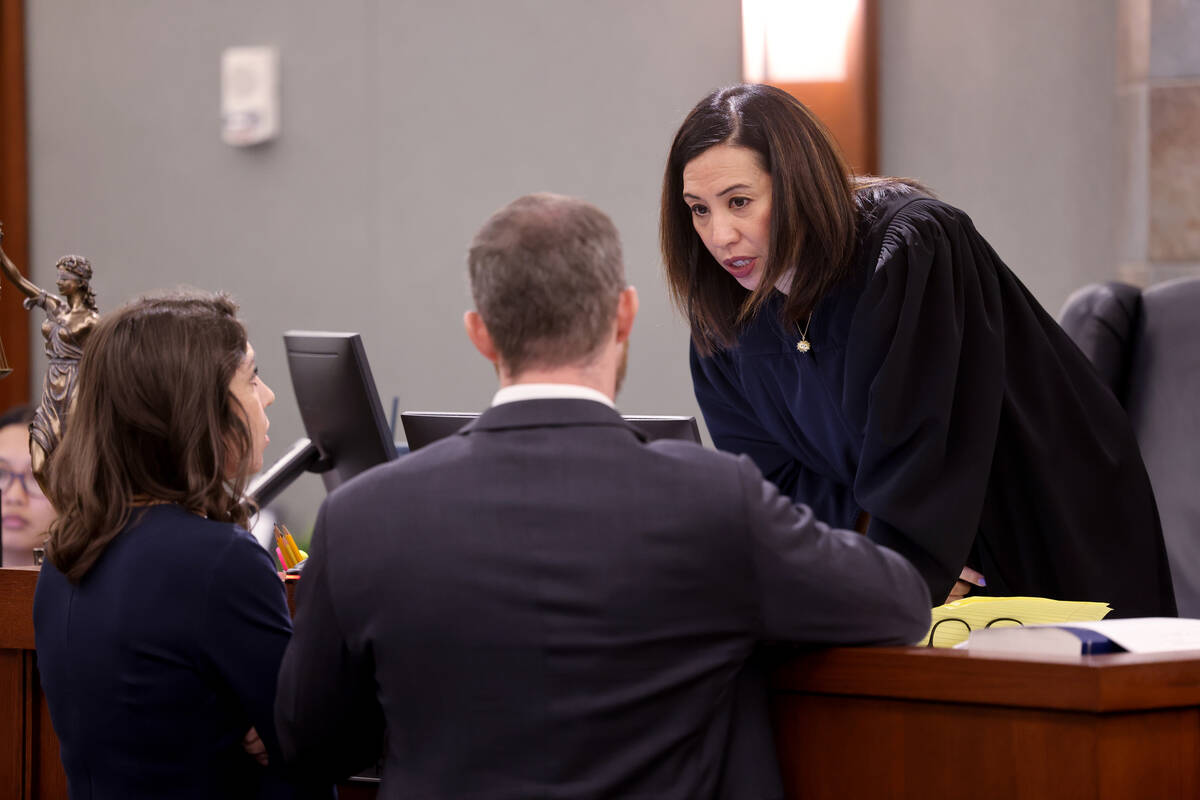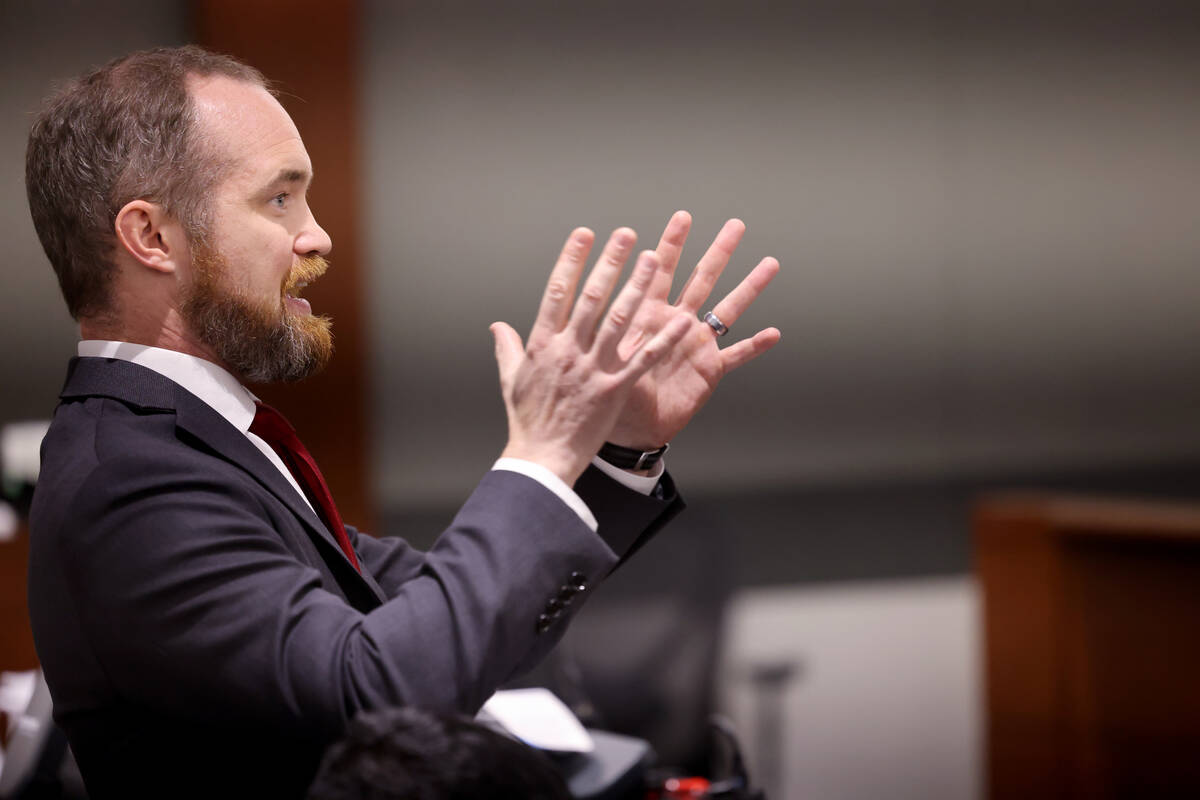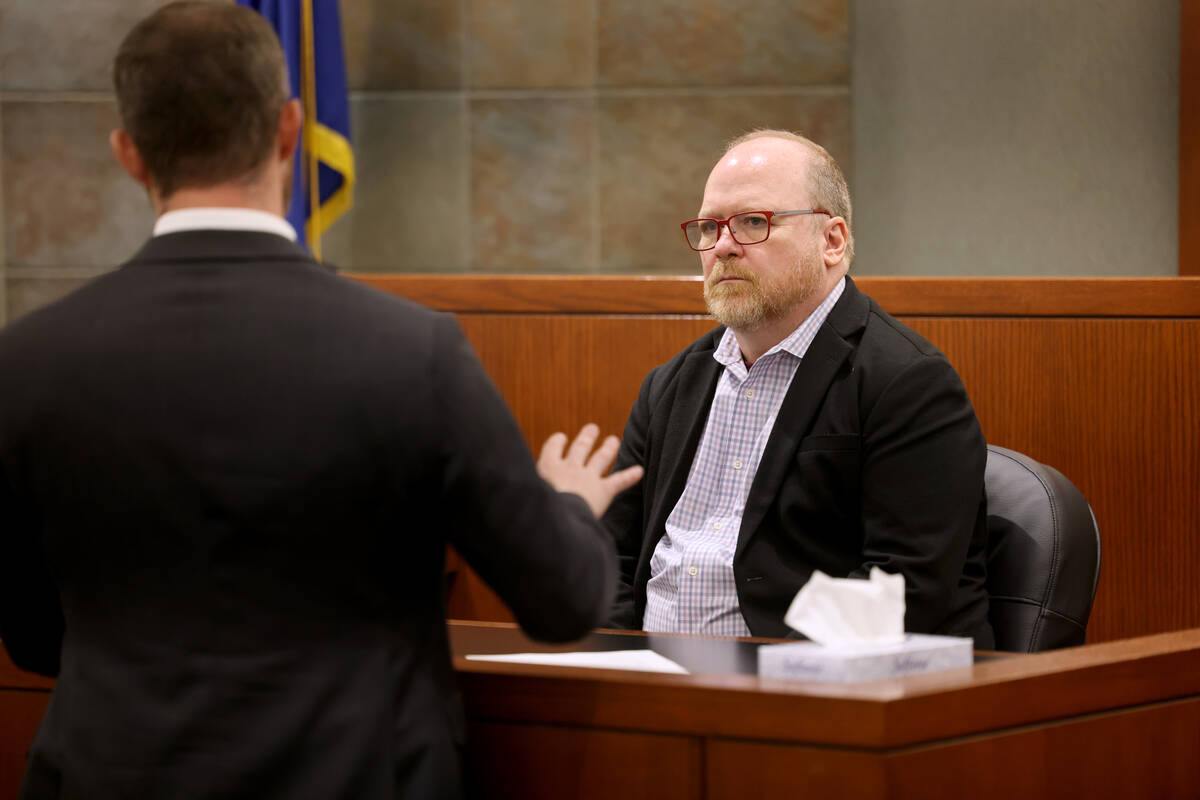CCSD changed email confidentiality policy after altercation, official says
The American Civil Liberties Union of Nevada raised concerns Friday about the ability of Clark County School District employees to mark emails confidential and how that could affect the push for public records related to a police altercation with students near Durango High School.
Carl Jones, the district’s director of enterprise information security, testified during a court hearing Friday that school employees previously had the ability to mark an email confidential, which would automatically delete the body of the email from the district’s system in an amount of time determined by the employee.
When asked if the policy was changed before or after the Feb. 9 confrontation, Jones testified that he was “sure it was after.”
ACLU of Nevada Executive Director Athar Haseebullah said it was “problematic” that school employees had the ability to erase the bodies of their emails, which could have affected numerous public records requests over the years.
The ACLU, which represents two students involved in the police altercation, has sued the school district for the release of public records, including body-worn camera footage, emails about the incident and a police investigative report.
Haseebullah said the ACLU was not aware before Friday that the confidentiality feature existed, or that the feature was removed in the past five to six months.
“I think the timing is telling,” he said. “I can’t say it’s sinister or not.”
In a statement released Friday afternoon, the school district said the “confidential mode” on employees’ emails was turned off in March 2023 because of “safety concerns, which also have been recognized by the Department of Homeland Security.”
“Additionally, in July 2023, the District blocked the ability for any CCSD account to receive ‘confidential mode’ emails,” the statement said.
The function was first available through Gmail in 2019, according to the statement. The district also maintained that instead of deleting emails, the function is similar to a “self-destruct option.”
Jones testified Friday that an email that was marked confidential still carries a record of the email subject line, but the body of the message would be gone from the system.
District Judge Danielle Chio heard arguments Thursday about the release of documents, and Haseebullah said he expects her to make a decision in three to four weeks.
Attorney Jackie Nichols, who represents the school district, declined to comment on the case.
The lawsuit was filed after video posted to social media in February appeared to show district police Lt. Jason Elfberg pushing a Black student onto the ground and putting a knee onto the student’s back. The student had appeared to be recording the arrest of other juveniles, and the district has said the confrontation stemmed from an investigation into a report of a firearm near a school.
Jones also testified Friday that the district performed a search after the ACLU’s initial request and found 15,000 emails, although he said some of the search terms yielded results unrelated to the confrontation. The ACLU attorneys said they were willing to narrow the request.
“But if it yields 15,000, and there was 15,000 messages back and forth that were discussing this incident, we’re going to want to see them all,” Hasebullah said after the hearing.
Chio scheduled a status check about the emails for Oct. 12.
Contact Katelyn Newberg at knewberg@reviewjournal.com or 702-383-0240.



